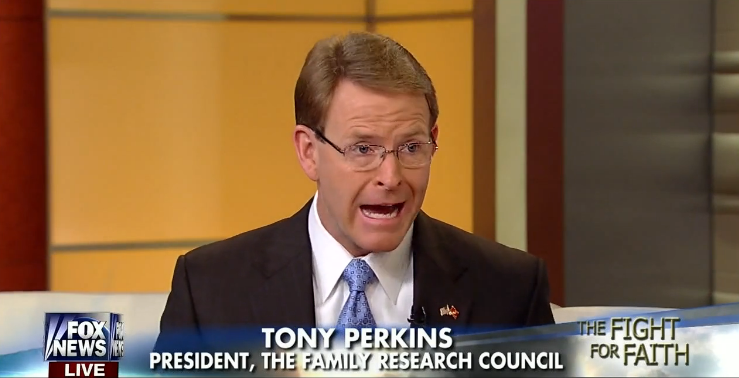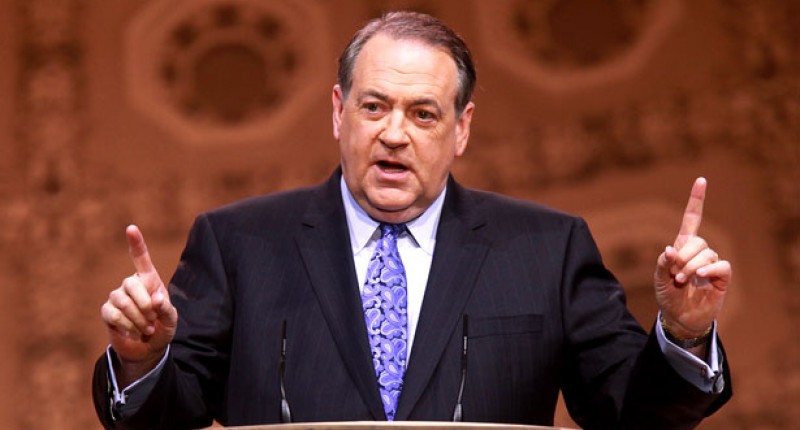Focus on the Family’s Jim Daly has teamed up with Russell Moore, dean of the School of Theology at the Southern Baptist Theological Seminary, and Rev. Samuel Rodriguez, president of the National Hispanic Christian Leadership Conference, to pen an op-ed for CNN’s Belief Blog calling on everyone – but especially Christians engaged in the battles over contentious social issues like religion, homosexuality, and immigration – to stop engaging in name-calling against those with whom they disagree, calling it “rhetorical pornography” and a violation of the teachings of Jesus:
What we say about others reveals more about ourselves than the people we’re talking about. This is especially true for Christians, who encounter any number of verses in the Bible that point to how “sweetness of speech increases persuasiveness,” as the English Standard Version translation of Proverbs 16:21 puts it.
…
[I[t should be convicting to all Christians when we find ourselves contributing to this maelstrom. Derogatory terms for other human beings – regardless of how widely their views differ from ours or, more importantly, from the truths of Scripture – should never pass our lips. To call it rhetorical pornography, for the debasement it engenders, is not an overstatement.
To get into the terms specifically here would be to attach to them a dignity they don’t deserve. But we know them when we hear them: Epithets and cutting adjectives directed at gays and lesbians that go far beyond reasoned articulation of our biblical views about God’s design for human sexuality.
Cruel, dismissive descriptions of those who do not share our faith – whether they be of a different religion or none at all – serving to drive people further from the heart of Christ, the exact opposite of our calling as his modern-day disciples.
And, perhaps most distressingly, ethnic slurs against noncitizens in our country, people who, in many cases, are families just like our own, seeking the best quality of life they can achieve. How do those hurtful words address the deeper and quite nuanced issues of legality and border integrity?
What each of these instances has in common is that the words are being used to deny the innate humanity and dignity owed every individual. The Jesus we follow did not just die for those who believe in him; his father created each one of us in his own image.
That means that as Christ breathed his last on the cross, there was as much love in his heart for the homosexual activist, the Mexican national who is not a citizen and the atheist as there was for us.
It is out of the “overflow of the heart,” Jesus says in Matthew 12, that “the mouth speaks.” That means it is far more than a failure of “tone” when we marginalize or malign those with whom we disagree. The solution is not just “nicer” words, but a transformed perspective, one that sees all human beings, including “opponents,” through the eyes of our proponent, Jesus.








